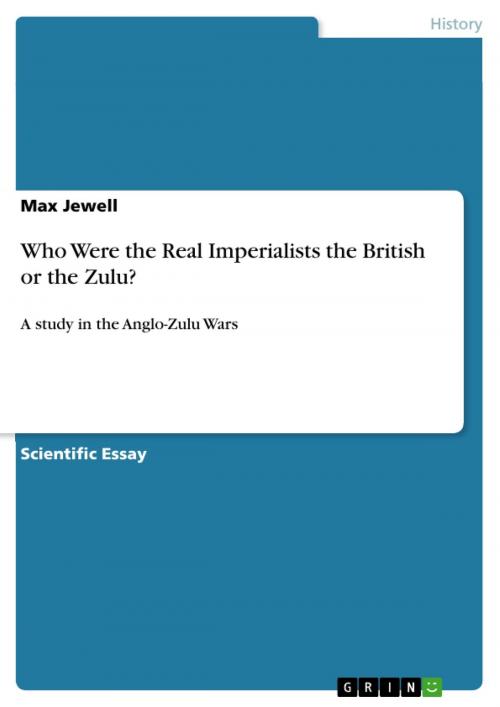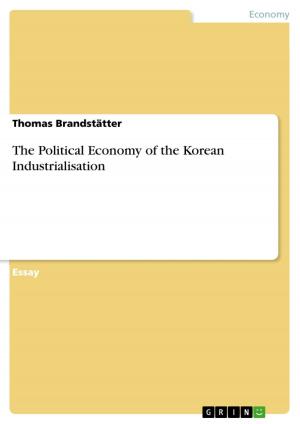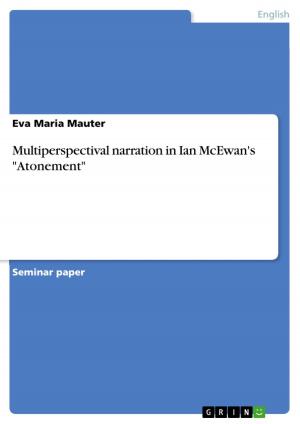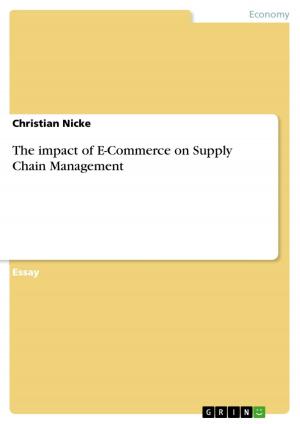Who Were the Real Imperialists the British or the Zulu?
A study in the Anglo-Zulu Wars
Nonfiction, History, European General| Author: | Max Jewell | ISBN: | 9783656113676 |
| Publisher: | GRIN Publishing | Publication: | January 30, 2012 |
| Imprint: | GRIN Publishing | Language: | English |
| Author: | Max Jewell |
| ISBN: | 9783656113676 |
| Publisher: | GRIN Publishing |
| Publication: | January 30, 2012 |
| Imprint: | GRIN Publishing |
| Language: | English |
Scientific Essay from the year 2012 in the subject History Europe - Other Countries - Modern Times, Absolutism, Industrialization, The Portsmouth Grammar School, language: English, abstract: 'In annexing the Transvaal the question of the confederation never crossed my mind.' It was during a debate on the 25th of March 1879 that Lord Carnarvon's claim that he hadn't considered confederation in annexing the Transvaal was met with derision. Not only was Lord Carnarvon the architect of the Canadian confederation and despite his speech to the contrary pushed the Permissive Confederation Act, which sought to unify many South African states into a confederation, through parliament in 1877. To many within the upper chamber the annexation of the Transvaal represented a demonstrable act of British imperialism. Saul David, author of Zulu: the Heroism and Tragedy of the Zulu War of 1879 makes this explicit, claiming; 'Sir Bartle Frere knew that both the Transvaal and the Cape were unlikely to agree to confederation until the threat from the Zulu Kingdom had been removed. He was determined to fight the Zulu for the good of the Empire, but was determined to make it look as though it was being fought for local or defensive reasons.' Journalist A.N Wilson even goes so far as to brand the 19th century British as 'jingoistic imperialists' '... A fine piece of work... well researched and properly referenced... readable and interesting' Dr Adrian Greaves The Anglo-Zulu War Historical Society
Scientific Essay from the year 2012 in the subject History Europe - Other Countries - Modern Times, Absolutism, Industrialization, The Portsmouth Grammar School, language: English, abstract: 'In annexing the Transvaal the question of the confederation never crossed my mind.' It was during a debate on the 25th of March 1879 that Lord Carnarvon's claim that he hadn't considered confederation in annexing the Transvaal was met with derision. Not only was Lord Carnarvon the architect of the Canadian confederation and despite his speech to the contrary pushed the Permissive Confederation Act, which sought to unify many South African states into a confederation, through parliament in 1877. To many within the upper chamber the annexation of the Transvaal represented a demonstrable act of British imperialism. Saul David, author of Zulu: the Heroism and Tragedy of the Zulu War of 1879 makes this explicit, claiming; 'Sir Bartle Frere knew that both the Transvaal and the Cape were unlikely to agree to confederation until the threat from the Zulu Kingdom had been removed. He was determined to fight the Zulu for the good of the Empire, but was determined to make it look as though it was being fought for local or defensive reasons.' Journalist A.N Wilson even goes so far as to brand the 19th century British as 'jingoistic imperialists' '... A fine piece of work... well researched and properly referenced... readable and interesting' Dr Adrian Greaves The Anglo-Zulu War Historical Society















